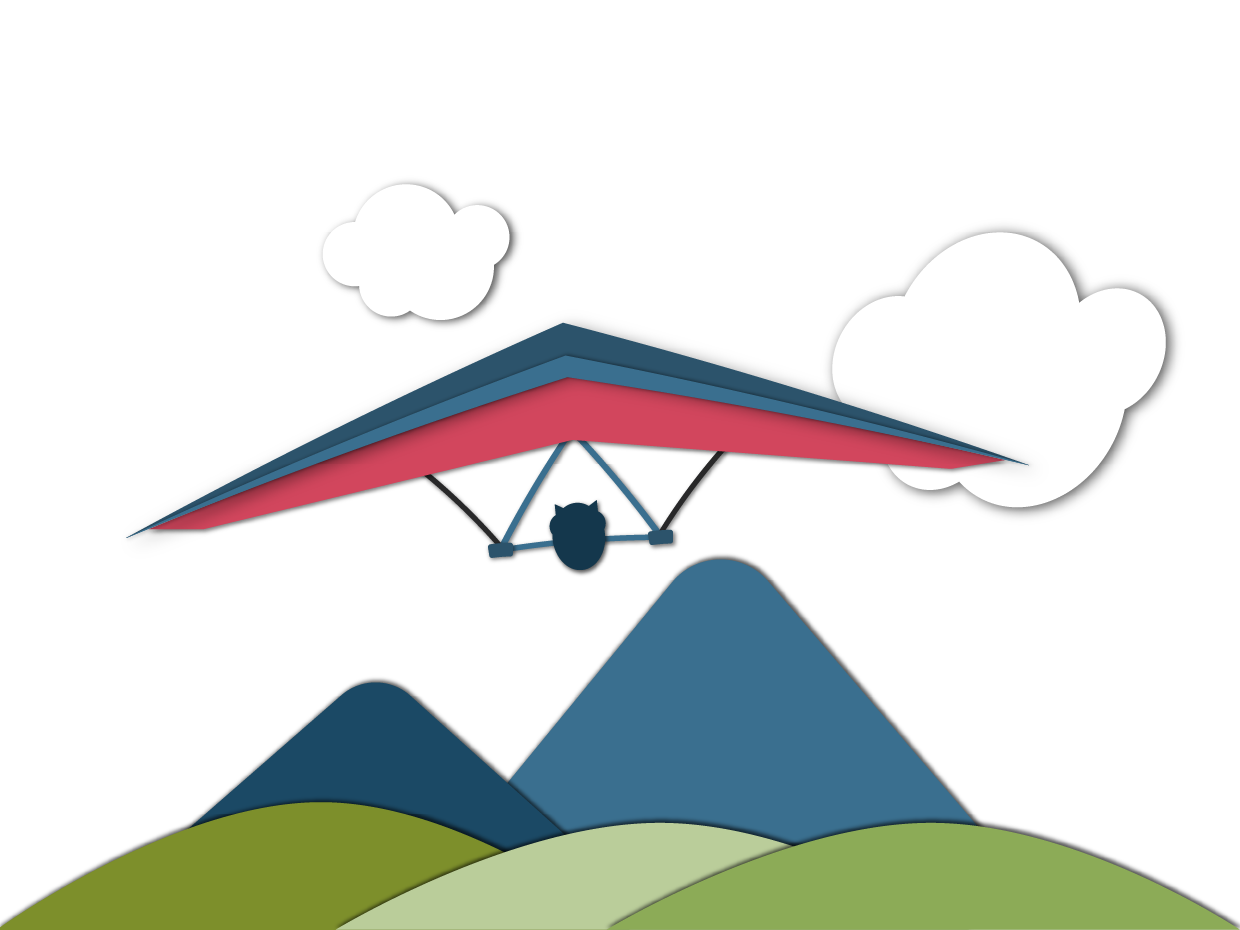4 main types of rewards
- Cash back – You get cash rewards based on how much you spend using the credit card. For example, you might receive 2% cash back for each $1 you charge for groceries. Or, you could get a $25 reward when you charge $2,500.
- Points – You get a certain number of points for every dollar you spend using the card. You can redeem these points for merchandise, gift certificates and sometimes cash. Some cards allow you to use your points only at certain stores.
- Travel – You earn points or air miles that you can redeem for flights, hotels and other travel. The number of points or miles you receive varies by card. So does the number of points or miles you need to use when you redeem them.
- Discounts – You get discounts on goods and services. For example, gas cards give you discounts on your fuel purchases.
5 questions to ask about rewards cards
1. Will you use the reward?
If you rarely travel, you may not want a card that rewards you with air miles – unless you can give them as a gift. If the card rewards you with points you can only use at certain stores, make sure you shop at those stores.
2. What are the costs?
If the credit card has a high interest rate, annual fee, or other related costs, weigh those costs against the rewards you’ll receive. For example, if a rewards card has a $120 annual fee, will you earn back that amount or more in points each year?
3. How much do you plan to spend?
If you don’t plan to spend much, you might not build rewards that you can use. Let’s say you have a card that will give you 1 air mile for every dollar you spend. The card has a $60 yearly fee. If you charge $5,000 a year on that card, it will take you 5 years to earn a free airline ticket that costs 25,000 miles. In that time, you’ll have paid $300 in fees – which might be enough to buy a discount ticket on your own.
4. What is the reward worth?
This can be a challenge to figure out. For example, most air miles are valued at 1 or 2 cents each when you turn them into a ticket. If you earn 1 mile for each dollar you spend, that’s like getting a 1% to 2% rebate. Cash back cards offer similar rebates, but you have more choices for how you use the money.
5. Are there special terms and conditions?
Watch for limits on the amount of rewards you can receive or the length of time you can use them. Also check for any blackout dates, which are periods of the year when travel rewards can’t be redeemed. Look for a rewards card that lets you to collect an unlimited amount of rewards that never expire.
About cash back rewards
Cash back rewards are appealing because you can use the cash however you choose. But find out how the rewards work. Some credit cards will give you a cheque. Others give you a credit on your credit card. And if you’re paying an annual fee, make sure you get enough cash back to cover that fee.
Take action
Use the Financial Consumer Agency of Canada’s credit card selector tool to compare rewards cards.
